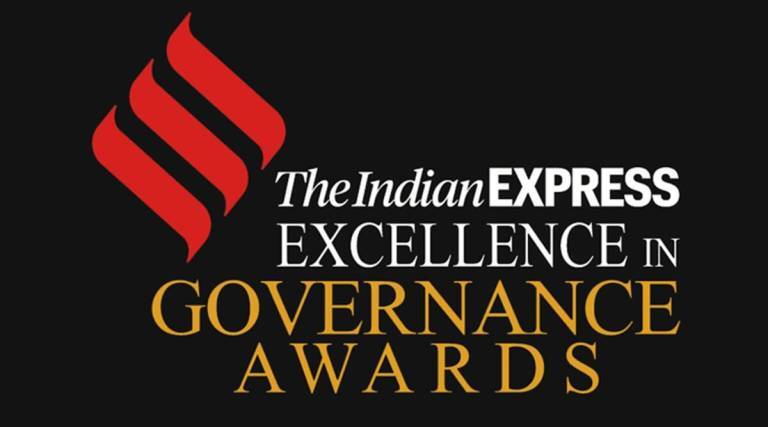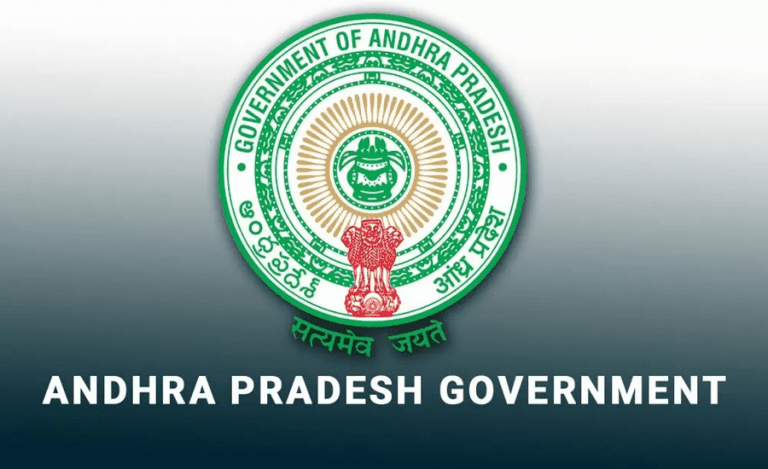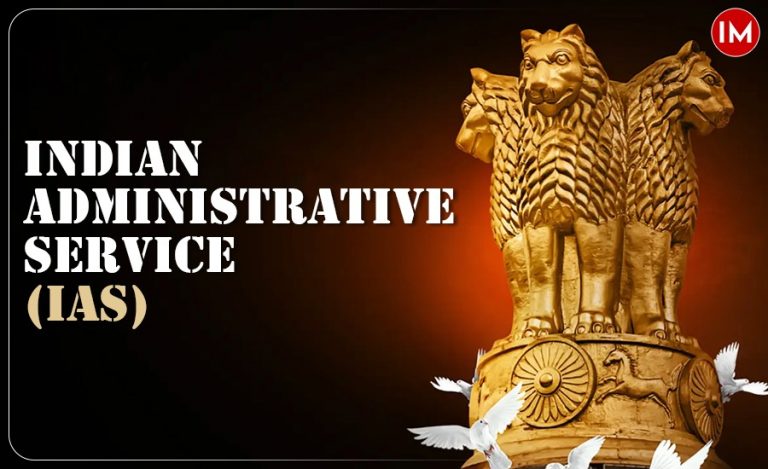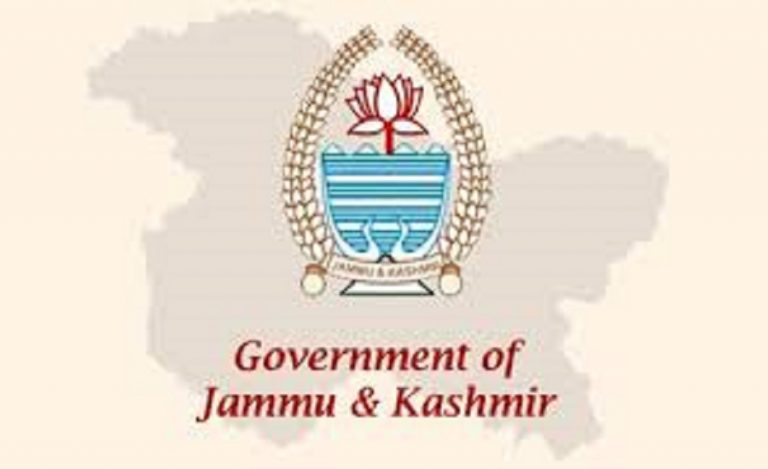From starting a micro-irrigation project in Maoist-affected Malkangiri in Odisha to employing high-speed wireless technologies to deliver telemedicine to residents in a remote tribal hamlet in Tamil Nadu’s Erode district, from a start-up incubator in Bastar to a club for the elderly in Jharkhand’s Jamtara.
Each of the 19 winners of The Indian Express’ Excellence in Governance Awards for 2020 and 2021, which were presented in New Delhi on Tuesday, exemplified a basic tenet — that good governance is simply about an idea that touches the lives of the common woman and man.
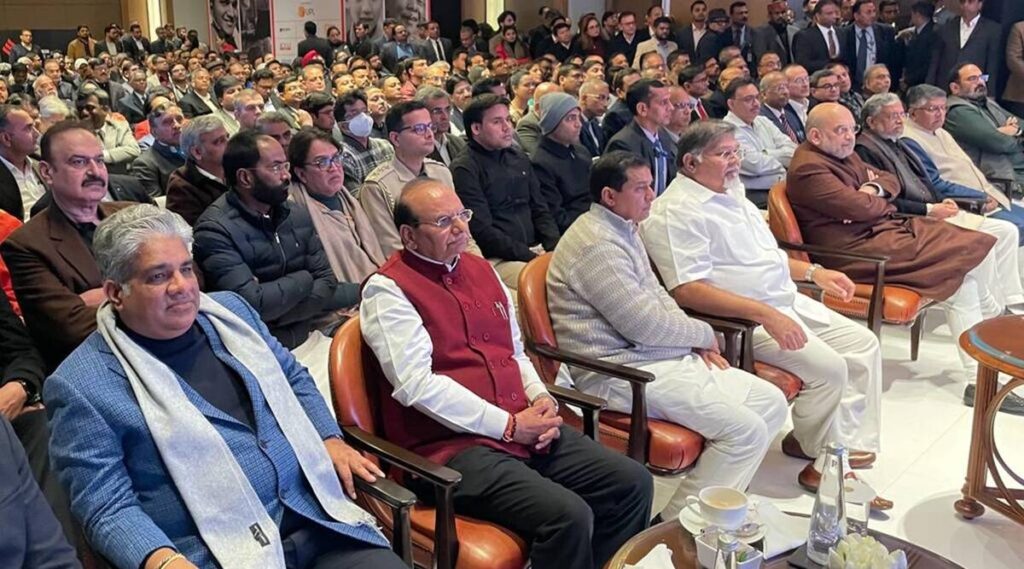
The awards, which were presented by Union Home Minister Amit Shah, honoured administrative excellence in a variety of fields, including agriculture, disaster management, e-government, energy, gender and inclusion, healthcare, implementation of central programmes, innovative education, innovative programmes, MSME, public amenities, skill development, social welfare, start-up & innovations, sustainability, swachhata, and water.
A basic solution that used a 5 GHz wireless technology to link a far-flung tribal village with the closest medical facility was one of the winners, according to Krishnanunni H, District Collector of Erode in Tamil Nadu. “The nearest health centre is 30 to 40 kilometres away, so we decided to build a telehealth service at a school in the hamlet utilising 100 Mbps uninterrupted WiFi,” Collector Krishnanunni said when discussing the project, known as Punnagai or “Smile” in Tamil.
The district administration of Balangir, Odisha, launched “Sweekruti” in July 2020 as a project aimed at empowering the transgender community and giving them access to sustainable livelihood opportunities, according to Chanchal Rana, the district collector who received the award in the gender & inclusion category.
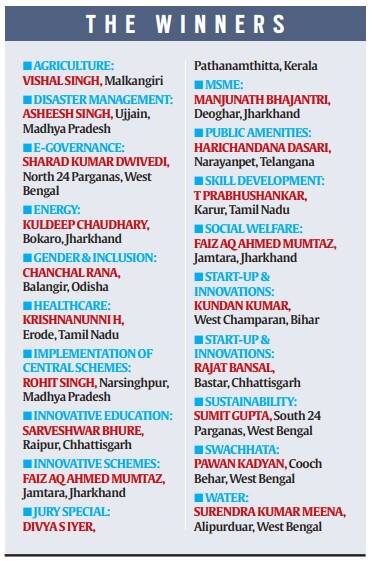
“There are several programmes that dole out benefits to the community, but these schemes don’t recognise them as people who can contribute. Whether it is to run parking lots or drive battery-operated vehicles as sanitation workers, the project has helped the transgender community become a part of the workforce,” she said.
The Deputy Commissioner of Jamtara, Faiz Aq Ahmed Mumtaz, received two honours: one in the “Social Welfare” category for establishing a club for the aged and another in the “Innovative Schemes” category for developing a library in each of the district’s panchayats.
On the club for the elderly, he said, “The idea behind the project was that senior citizens often deal with loneliness, depression and anxiety. The project was conceived when we came across elders who were physically fit but battling depression, with many of them dealing with post-Covid symptoms. So I thought, why not provide them a space where they can get involved in recreational activities and socialise among themselves and age with dignity.”
The District Collector of Pathanamthitta, Kerala, Divya S. Iyer, received the Jury Special Award for her plan to control and organise the line of pilgrims waiting to enter the hill shrine of Sabarimala.
There were 400 entries received from 182 districts in 29 states, and the winners were chosen from among them. PWC, the awards’ knowledge partner, thoroughly examined each of the plans, taking into account factors including the project’s sustainability and public effect. The writers and editors for the Indian Express then used field reports to confirm the shortlist.
A jury presided over by former Chief Justice of India R M Lodha selected the final winners after screening the in-depth reports on each of the projects that the DMs had submitted. The other jury members are Wajahat Habibullah, a former National Commission for Minorities chair and India’s first Chief Information Commissioner, Nirupama Rao, a former Cabinet secretary who served as India’s ambassador to the United States, China, and Sri Lanka from 2009 to 2011, K M Chandrasekhar, and Amarjeet Sinha, a member of the Public Enterprises Selection Board.

